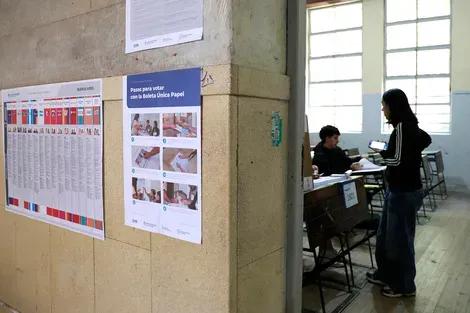The realization of the definitive count is a fundamental process in the context of Argentina's electoral system. This procedure not only guarantees the transparency and legitimacy of the results but also reflects the democratic health of the country. In this analysis, we will explore the current state of the definitive count in the 2025 elections, addressing its implications and comparisons with other democracies.
🗳️ Current Overview
The definitive count of 2025 presents itself in a scenario of parity between the main political forces in the country. According to preliminary data, the competition between the most voted parties has been tight, adding an additional level of importance to this process. In several provinces, the vote difference is minimal, increasing expectations and tensions regarding the final tally. This process thus becomes a crucial moment for defining the policies that will govern the country in the coming years.
It is important to highlight that, in this context, transparency and trust in the electoral system are essential. Without a definitive count that is perceived as legitimate, there is a risk of promoting citizen distrust toward democratic institutions. In this sense, the role of electoral justice and independent observers is vital to ensure that the results reflect the popular will.
🌍 International Comparison
Examining experiences from other countries, we find that electoral counting can vary significantly. For example, in Germany, the counting is conducted swiftly and with high participation from international observers, contributing to public confidence in the electoral process. In contrast, in countries like Venezuela, counting has faced international criticism due to a lack of transparency and the presence of irregularities.
Another relevant case is Chile, where an electronic voting system has been implemented that simplifies and accelerates the counting process. This technological innovation has allowed for a quicker tally and has increased confidence in the results. Argentina, on the other hand, continues to use a traditional system, which can lead to delays and questioning the validity of the results.
⚖️ Political and Social Implications
The definitive count is not just a technical matter; its implications are profound in the political and social realms. The legitimacy of electoral results directly affects the governability of the country. If citizens perceive that the process has been transparent and fair, they are more likely to accept the results, regardless of their political preference.
However, in situations where results are questioned, as has happened in past elections, protests and distrust in the democratic system can arise. This translates into a weakening of institutions and an increase in political polarization. Therefore, an effective and reliable count becomes a fundamental pillar for strengthening democracy in Argentina.
📈 Final Reflections
As we approach the definitive count of the 2025 elections, it is crucial that all parties involved —government, political parties, and citizens— commit to respecting the process and its results. The political and social stability of the country depends on this.
History has taught us that fiscal balance and institutional strength are essential for sustainable development. In this context, trust in the electoral system is a prerequisite for fostering active and committed participation from citizens in political life. Argentina does not need more patches; it needs direction and a true commitment to transparency and democracy.

Comments